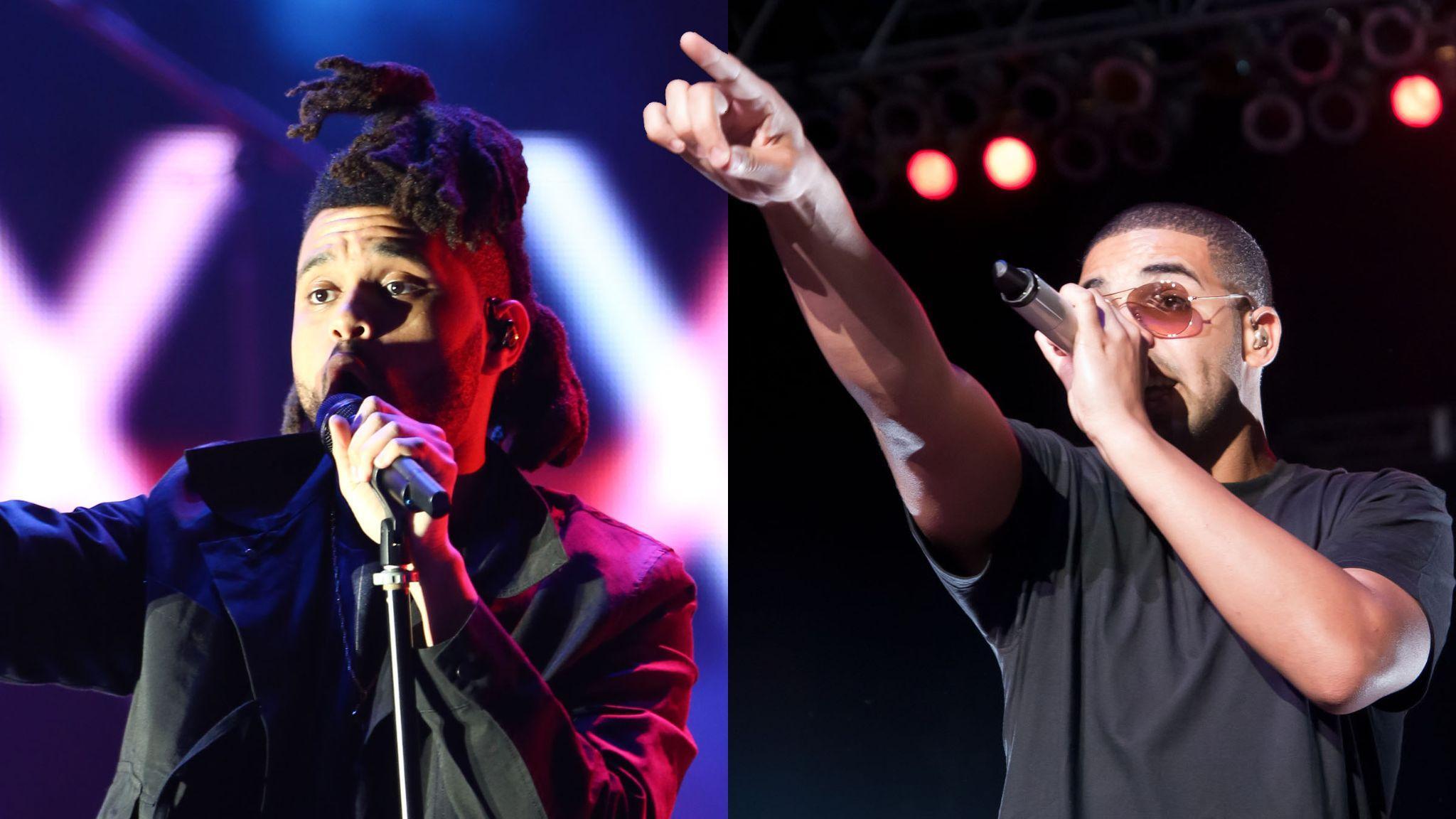Drake and The Weekend AI Mashup Backs Spotify, Apple Into a Copyright Corner
0
0

An AI-generated song emulating the vocal style of Drake and The Weeknd has stirred up a new copyright debate across the music industry. The track "Heart On My Sleeve," created by TikTok creator Ghostwriter977, went viral with 275,000 YouTube plays and 625,000 Spotify plays before being removed.
The artists' record label, Republic Records' parent company Universal Music Group (UMG), demanded that major music platforms—including Apple Music, Spotify, YouTube, Amazon Music, and SoundCloud—remove the song, arguing that serving up the song constitutes copyright infringement.
“Using artists' music for generative AI training breaches agreements and copyright law, and the presence of infringing content on digital service providers forces stakeholders to choose between supporting artists, fans, and creativity—or enabling deep fakes, fraud, and unpaid artists,” a Universal Music Group spokesperson told the BBC.
While Section 230 of the Communications Decency Act protects streaming platforms like Spotify, Apple, and YouTube from being legally liable for content uploaded by third parties, they are obligated to comply with valid copyright takedown requests.
On April 4, "Heart On My Sleeve, was uploaded to Spotify and YouTube. After YouTube removed it, fans of the AI song continued to reupload it, gaining even more listeners. The streaming giant ended up in a game of whack-a-mole as it tried to comply with UMG's request.
Legal attorney and CEO of AR Media, Andrew Rossow, says an artist or record label's legal recourse in pursuing a lawsuit depends on several factors, starting with which country would have jurisdiction over the infringement case.
“Copyright issues where creators use AI to make digital recordings of an artist can be viewed through the lens similar to the era of music piracy, where a human was involved and could in most cases be tracked to a physical location to satisfy the jurisdictional requirement of filing a lawsuit,” Rossow told Decrypt.
Albums that include ai-generated vocals of musicians appears to only be picking up steam. Last week, another AI-generated project AIsis - The Lost Tapes by the British rock band, Breezer, featured the computer-generated voice of Oasis frontman Liam Gallagher performing Breezer’s songs.
0
0
 Manage all your crypto, NFT and DeFi from one place
Manage all your crypto, NFT and DeFi from one placeSecurely connect the portfolio you’re using to start.





